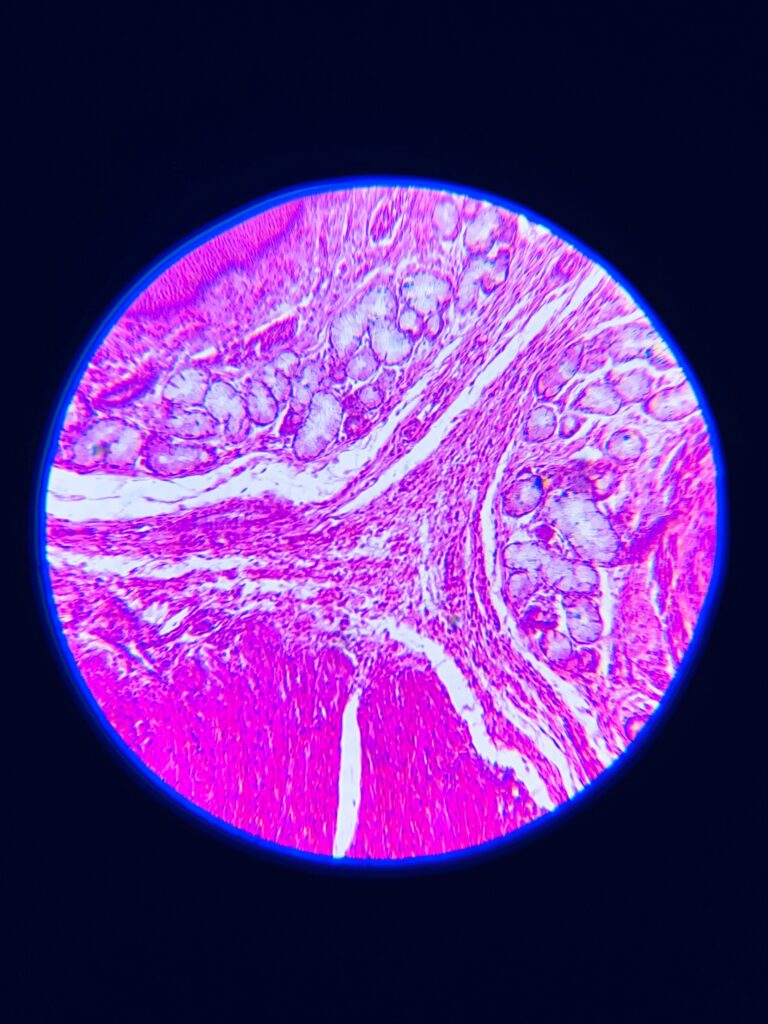
The Human Cell Atlas (HCA) is a transformative global project aiming to map every cell in the human body. By creating a detailed catalogue of cellular diversity, the HCA is poised to revolutionise medicine, offering unprecedented insights into human biology. This initiative doesn’t just identify cell types; it unveils how cells interact and function within their environments, highlighting the intricate choreography underpinning life.
A Cellular Map to Decode Complexity
Cells are the building blocks of life, yet their diversity and dynamic interactions remain largely unexplored. The HCA addresses this gap by charting the molecular, spatial, and functional attributes of trillions of cells. Advanced technologies like single-cell RNA sequencing allow researchers to identify gene expression patterns specific to individual cells, while spatial transcriptomics situates these cells within their biological context. These innovations reveal not only what cells do but also how they cooperate to sustain health or contribute to disease.
Unlike previous research limited to bulk tissue studies, the HCA enables scientists to dissect the nuances of cellular roles in unprecedented detail. For instance, mapping the immune system has uncovered previously unrecognised cell states critical to tissue repair and infection control. These insights have implications far beyond basic biology, informing clinical strategies for treating autoimmune diseases, infections, and even cancer.
From Cell Catalogues to Personalised Medicine
The atlas is not merely an academic exercise. Its data serves as a foundation for practical applications, particularly in personalised medicine. Cellular profiles derived from the atlas could enable precise diagnoses, predicting an individual’s susceptibility to conditions like cardiovascular disease or neurodegeneration. Furthermore, understanding cellular interactions allows for the development of therapies that target disease pathways without disrupting healthy tissue.
For example, cancer therapies could be tailored to target tumour cells while sparing immune cells essential for recovery. Similarly, regenerative medicine could leverage HCA data to guide the repair of damaged tissues, such as regenerating heart muscle after a heart attack or restoring lost neural connections in degenerative diseases.
Enabling Innovation Through Open Science
The HCA’s commitment to open science ensures its impact extends far beyond the scientific community. All data generated by the project is freely available via the HCA Data Portal, encouraging cross-disciplinary collaboration. Pharmaceutical companies, AI developers, and clinical researchers are already using the atlas to accelerate drug discovery, refine treatment algorithms, and explore uncharted biological phenomena.
This openness facilitates partnerships that might not otherwise occur. For instance, combining HCA datasets with machine learning has led to predictive models for cellular behaviour under stress, which could inform new treatments for conditions like organ failure or chronic inflammation. Such integrations demonstrate how the atlas acts as a springboard for innovation across diverse fields.
Challenges in Mapping the Cellular Universe
Despite its promise, the HCA faces significant technical and ethical challenges. Capturing the diversity of cell types requires continual refinement of sequencing and imaging technologies. Some cell states, such as those involved in embryonic development or transient immune responses, are fleeting and difficult to capture accurately.
Equally pressing are concerns about representation and accessibility. To ensure the atlas benefits all populations, its datasets must encompass diverse ethnicities, age groups, and geographic regions. Ethical frameworks guiding data usage must also address privacy concerns and equitable sharing of the atlas’s benefits.
A Vision for Future Medicine
As the HCA expands, its potential to reshape medicine becomes increasingly apparent. Cellular maps could transform how diseases are diagnosed, shifting from symptom-based approaches to molecular-level analyses. Treatments could be designed to repair cellular dysfunction rather than merely alleviating symptoms, fundamentally changing healthcare’s focus from reactive to proactive care.
Beyond individual health, the atlas could inform global health strategies. By identifying cellular responses to pathogens, such as those involved in COVID-19, the HCA can guide vaccine development and epidemic preparedness. Its insights into aging processes could also inform interventions to promote healthy longevity.
Redefining the Boundaries of Science
At its core, the Human Cell Atlas represents a bold reimagining of what science can achieve. By uniting researchers worldwide, it exemplifies the power of collaborative inquiry. Its findings not only deepen our understanding of life’s building blocks but also open new avenues for tackling humanity’s most pressing medical challenges.
As this ambitious initiative continues to unfold, it holds the promise of a future where diseases are precisely understood, treatments are individually optimised, and the intricate machinery of life is fully illuminated. The Human Cell Atlas is more than a scientific endeavour; it is a testament to our collective potential to decode the mysteries of existence and improve the human condition.
